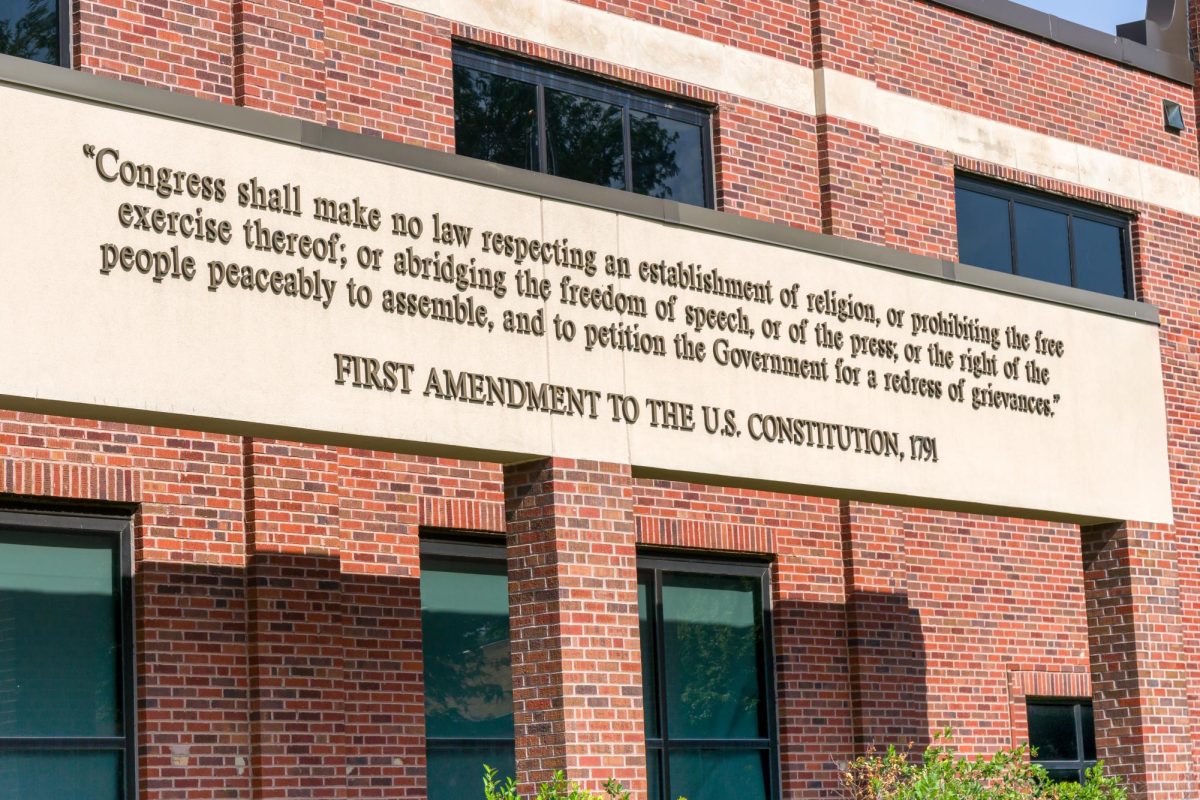Imagine you are lying in bed watching Netflix. You are watching some TV show that you’ve seen before but want to watch a YouTube video instead. So you open up your phone’s YouTube app and click a video.
To your distress, the video doesn’t load but instead displays a 20-minute count down before you can watch your next video. Below the countdown is a message: YouTube is not a Comcast partner, thus, it will load slower than Netflix or Hulu.
If this scenario seems far-fetched, it’s not. Companies like Comcast and Time Warner have been fighting for the right to do this for some time and, if given the authority, their reach would not stop at video streaming sites. In a worst-case scenario this could lead to any number of publications being blocked by Comcast or Time Warner for any number of reasons. Generally speaking, it would mean the end of free speech as we know it.
As college students, the implications of regulated Internet access should be obvious and, to be frank, scary. If network operators were able to regulate what could and couldn’t be accessed on the Internet, they could in effect remove any content they did not want visible to the public eye.
Right now free speech is usually interpreted as no prior restraint. If given this control content could be removed before it is even posted or seen.
On the flip side, companies like Google, Amazon, Yahoo!, and even Microsoft have fought the past 20 years to establish laws protecting free speech and guaranteeing unregulated access to the Internet. Outside of these companies, a number of other supporters have emerged. President Barack Obama and the FCC have both promised their support in promoting and protecting free speech on the Internet.
The only problem with this is that President Obama cannot directly control how the Internet is regulated; that is the job of the FCC.
In recent years, the FCC has been helmed by some of the most corrupt individuals you could possibly imagine. Their terms have been filled with conflicting interests, sloppy regulation and passivity. A large number of them have even left their regulatory positions over the years to go and work for the companies they were supposed to be regulating: Comcast, AT&T, Verizon, and Time Warner. If this scares you, it should.
The future of free speech is riding on the whims of a government agency with absolutely no backbone and a long, sloppy history filled with corruption.
In the coming years the fight for free speech and unregulated Internet access will reach critical mass. If we, the future leaders of our nation, do not stand up and make our voices heard we will likely find ourselves unable to write or speak the way we want to on arguably the most important medium of the 21st century.
Over the past 15 years, Internet pioneers have been referring to their vision of an open, free Internet as Network Neutrality. Remember that name. Our entire nation’s future and the future of free speech in every nation across the globe depends upon it.






